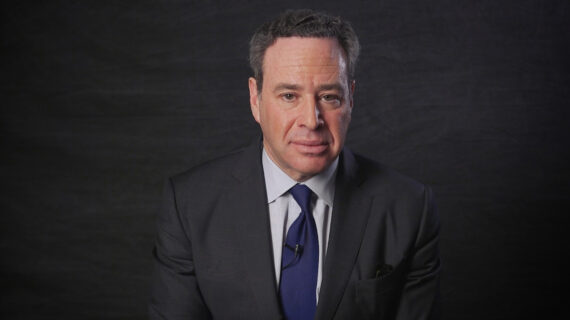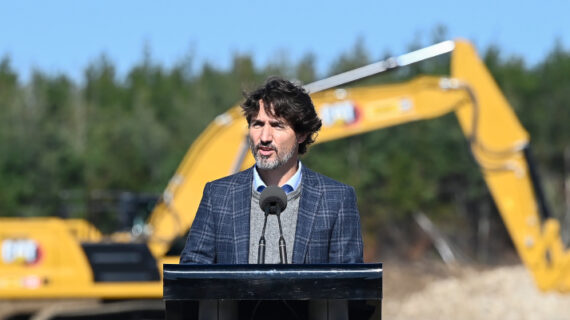Canada’s provinces have gotten remarkably more equal over the past 15 years, with the gap in economic well-being having lessened significantly. This is not necessarily good news.
The poorer provinces have not caught up with the richer provinces in Canada. Rather, as this new post from the Fraser Institute outlines, it is the richer provinces whose fortunes have fallen. Recession and stagnation in the richer provinces are responsible for this growing parity, more so than strong economic growth lifting the poorer provinces up, writes senior fellow Ben Eisen.
Should these developments then affect Canada’s equalization program? If the gap between rich and poor provinces is shrinking, should equalization payments shrink as well?
That might seem logical, but as Eisen points out, it will not be the case. A rule introduced in 2009 requires overall equalization payments to increase in line with recent nominal GDP growth, no matter how much the gap between rich and poor provinces shrink. A new Parliamentary Budget Officer’s report estimates that these “over-equalizing payments” will persist until 2069 at an average of 0.1 percent of GDP.
While this may seem small, it actually represents $2.3 billion in overpayments flowing to recipient provinces this year. The cumulative total represented by the forecasts then could prove to be quite substantial.
Eisen recommends that reforms to the program would be prudent.
“Reforming equalization so it’s more in line with economic intuition — with payments growing if the economic gap between provinces grows and shrinking if it shrinks — could therefore kill two birds with one stone. It could help make the program more rational and fair while helping also address concerns about the program’s fairness by addressing a legitimate complaint about how equalization works.”



